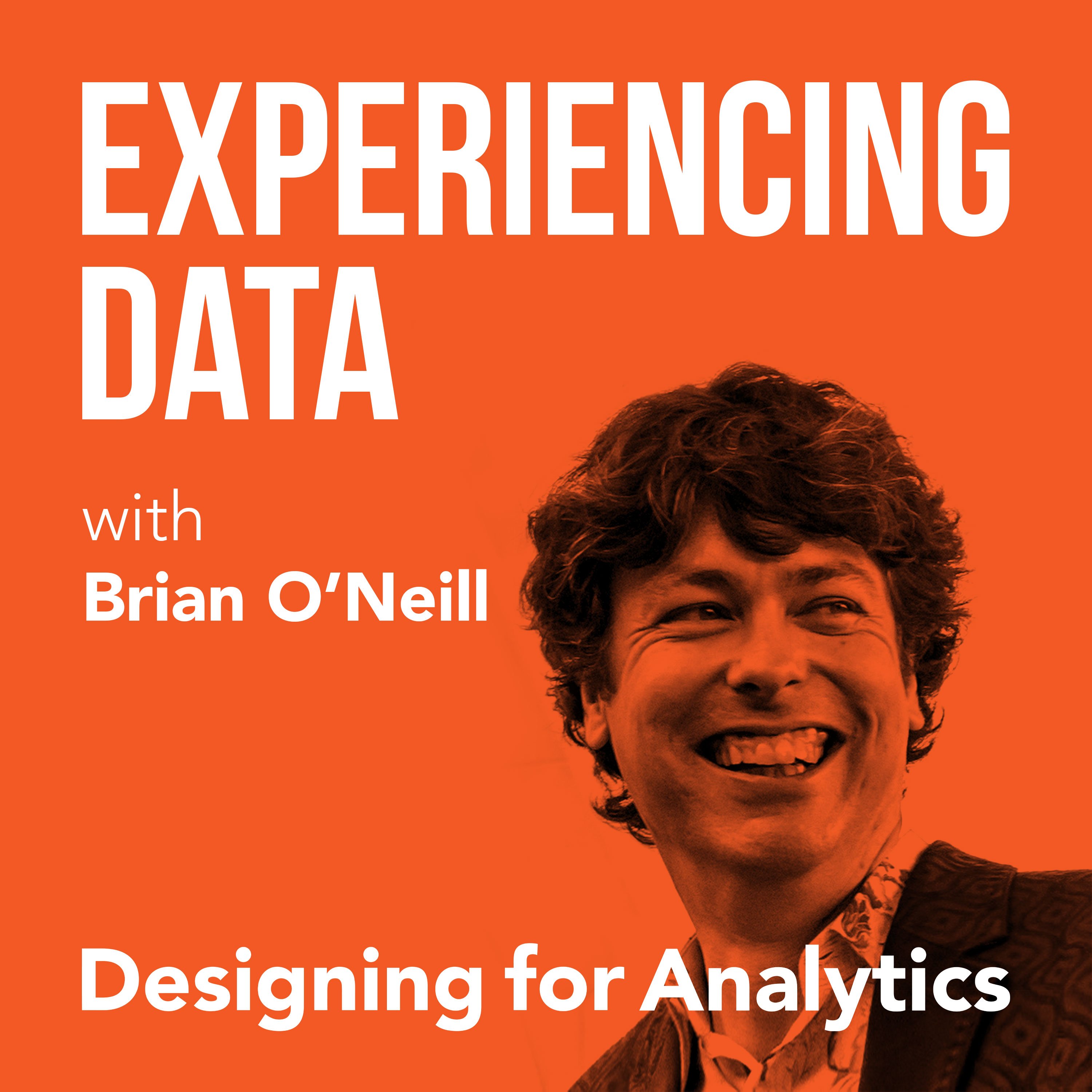134 - What Sanjeev Mohan Learned Co-Authoring “Data Products for Dummies”
Description
In this episode, I’m chatting with former Gartner analyst Sanjeev Mohan who is the Co-Author of Data Products for Dummies. Throughout our conversation, Sanjeev shares his expertise on the evolution of data products, and what he’s seen as a result of implementing practices that prioritize solving for use cases and business value. Sanjeev also shares a new approach of structuring organizations to best implement ownership and accountability of data product outcomes. Sanjeev and I also explore the common challenges of product adoption and who is responsible for user experience. I purposefully had Sanjeev on the show because I think we have pretty different perspectives from which we see the data product space.
Highlights/ Skip to:
I introduce Sanjeev Mohan, co-author of Data Products for Dummies (00:39)
Sanjeev expands more on the concept of writing a “for Dummies” book (00:53)
Sanjeev shares his definition of a data product, including both a technical and a business definition (01:59)
Why Sanjeev believes organizational changes and accountability are the keys to preventing the acceleration of shipping data products with little to no tangible value (05:45)
How Sanjeev recommends getting buy-in for data product ownership from other departments in an organization (11:05)
Sanjeev and I explore adoption challenges and the topic of user experience (13:23)
Sanjeev explains what role is responsible for user experience and design (19:03)
Who should be responsible for defining the metrics that determine business value (28:58)
Sanjeev shares some case studies of companies who have adopted this approach to data products and their outcomes (30:29)
Where companies are finding data product managers currently (34:19)
Sanjeev expands on his perspective regarding the importance of prioritizing business value and use cases (40:52)
Where listeners can get Data Products for Dummies, and learn more about Sanjeev’s work (44:33)
Quotes from Today’s Episode
“You may slap a label of data product on existing artifact; it does not make it a data product because there’s no sense of accountability. In a data product, because they are following product management best practices, there must be a data product owner or a data product manager. There’s a single person [responsible for the result]. — Sanjeev Mohan (09:31)
“I haven’t even mentioned the word data mesh because data mesh and data products, they don’t always have to go hand-in-hand. I can build data products, but I don’t need to go into the—do all of data mesh principles.” – Sanjeev Mohan (26:45)
“We need to have the right organization, we need to have a set of processes, and then we need a simplified technology which is standardized across different teams. So, this way, we have the benefit of reusing the same technology. Maybe it is Snowflake for storage, DBT for modeling, and so on. And the idea is that different teams should have the ability to bring their own analytical engine.” – Sanjeev Mohan (27:58)
“Generative AI, right now as we are recording, is still in a prototyping phase. Maybe in 2024, it’ll go heavy-duty production. We are not in prototyping phase for data products for a lot of companies. They’ve already been experimenting for a year or two, and now they’re actually using them in production. So, we’ve crossed that tipping point for data products.” – Sanjeev Mohan (33:15)
“Low adoption is a problem that’s not just limited to data products. How long have we had data catalogs, but they have low adoption. So, it’s a common problem.” – Sanjeev Mohan (39:10)
“That emphasis on technology first is a wrong approach. I tell people that I’m sorry to burst your bubble, but there are no technology projects, there are only business projects. Technology is an enabler. You don’t do technology for the sake of technology; you have to serve a business cause, so let’s start with that and keep that front and center.” – Sanjeev Mo
More Episodes
Jeremy Forman joins us to open up about the hurdles– and successes that come with building data products for pharmaceutical companies. Although he’s new to Pfizer, Jeremy has years of experience leading data teams at organizations like Seagen and the Bill and Melinda Gates Foundation. He...
Published 11/14/24
The relationship between AI and ethics is both developing and delicate. On one hand, the GenAI advancements to date are impressive. On the other, extreme care needs to be taken as this tech continues to quickly become more commonplace in our lives. In today’s episode, Ovetta Sampson and I examine...
Published 10/29/24


